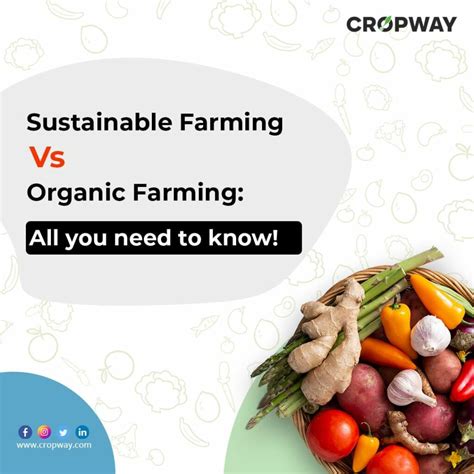The Stakes
The demand for food is on the rise. By 2050, the world’s population is projected to reach 10 billion, increasing the need for food production by 70%. However, our current food system is unsustainable. It relies on chemical pesticides and fertilizers, which pollute our water and soil. It also contributes to climate change, deforestation, and biodiversity loss.

Sustainable Food
Sustainable food is food produced in a way that meets the needs of the present without compromising the ability of future generations to meet their own needs. It takes into account the environmental, economic, and social impacts of food production.
Principles of Sustainable Food
- Use renewable resources
- Protect biodiversity
- Reduce pollution
- Reduce waste
- Promote equity
Organic Farming
Organic farming is a method of farming that uses natural techniques to produce food. It does not use synthetic pesticides, herbicides, or fertilizers. Organic farming also emphasizes soil health and biodiversity.
Benefits of Organic Farming
- Reduced chemical pollution
- Improved soil health
- Increased biodiversity
- Healthier food
Sustainability vs. Organic
Sustainable food and organic farming are both important for the future of our food system. However, there are some key differences between the two approaches.
| Feature | Sustainable Food | Organic Farming |
|---|---|---|
| Use of synthetic pesticides and fertilizers | May use synthetic pesticides and fertilizers in limited amounts | Does not use synthetic pesticides or fertilizers |
| Soil management | Emphasizes soil health and conservation | Emphasizes organic matter content and biodiversity |
| Crop rotation | May use crop rotation to improve soil health | Requires crop rotation |
| Livestock management | May use antibiotics and growth hormones in limited amounts | Prohibits the use of antibiotics and growth hormones |
The Race to 2025
In September 2015, the United Nations adopted the 2030 Agenda for Sustainable Development, which includes a goal to “promote sustainable agriculture and ensure food security and nutrition for all.”
In the United States, the USDA has set a goal to increase the number of organic acres by 25% by 2025. The USDA is also investing in research to develop sustainable farming practices.
The Future of Food
The future of food is bright. We have the knowledge and technology to produce food in a way that is sustainable and healthy. By working together, we can create a food system that meets the needs of the present without compromising the ability of future generations to meet their own needs.
Here are some ways to get involved:
- Choose sustainable foods when you shop for groceries.
- Support local farmers who are using sustainable practices.
- Get involved in your community garden or food co-op.
- Educate yourself about sustainable food and organic farming.
Conclusion
Sustainable food and organic farming are essential for the future of our food system. By making sustainable choices, we can create a healthier and more sustainable planet for ourselves and for generations to come.





















